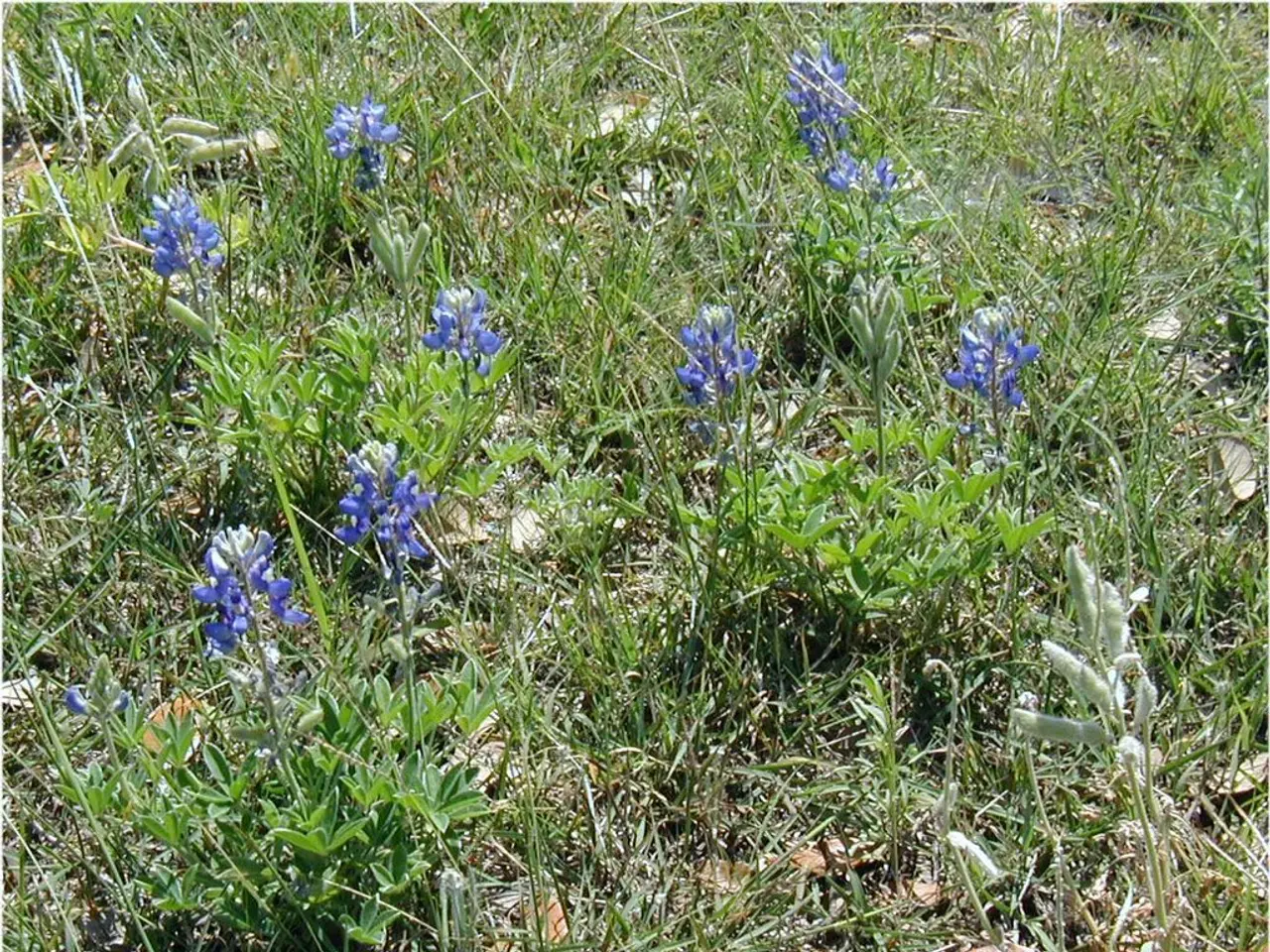Gardening Obstacles and Their Solutions Unveiled
In the world of gardening, challenges can arise at any time. From pest attacks to poor soil quality, watering issues, and extreme weather conditions, it's essential to be equipped with practical solutions to maintain a thriving garden. Here's a guide to help you navigate these common gardening hurdles.
Pest Attacks
When pests invade your garden, opt for natural pest control methods. Handpicking pests, physical barriers, companion planting, and organic treatments are effective alternatives before resorting to chemicals.
Poor Soil Quality
A soil test can help identify deficiencies, allowing you to amend the soil with organic matter or specific nutrients such as calcium, zinc, manganese, phosphorus, or copper as needed. Using well-draining potting soil for container plants is also advisable.
Weeds
Practice crop rotation and remove weeds promptly to reduce competition and disease risk. Manual methods like hand-pulling or hoeing can be used, while landscape fabric on garden beds and mulch around plants can help control weeds.
Watering Issues
Water plants properly by avoiding overwatering or allowing soil to dry out excessively. For seedlings, allow the soil surface to dry between watering to prevent diseases like damping-off.
Extreme Weather Conditions
Use mulch to moderate soil temperature and moisture, choose resilient plant varieties, and provide shade or windbreaks as needed.
Insufficient Sunlight
Locate plants requiring more light on the south side or in the sunniest available spots. Consider pruning surrounding plants to increase sunlight penetration.
Spread of Diseases
Implement crop rotation with non-susceptible plants, remove plant debris after harvest, avoid wetting foliage when watering, and apply suitable fungicides (e.g., copper fungicide for leaf spots).
Lack of Space
Grow vertically using trellises or containers to maximize limited areas such as balconies or rooftops. Opt for compact or dwarf varieties of plants.
Growing Too Many Plants
Manage plant quantity by prioritizing space, rotating crops, and carefully planning to avoid overcrowding which causes competition for light, water, and nutrients.
Additional Tips
Consider investing in a rainwater harvesting system to supplement irrigation during dry spells. Dealing with pests like aphids, slugs, or snails can be addressed through organic pest control methods. Applying soil conditioners like humic acids and seaweed extract will also help plants grow stronger roots. Start by planning your design more, adding only the right number of plants that your space can accommodate.
By employing these approaches, you'll be promoting plant health and sustainability while effectively addressing typical garden problems. Happy gardening, and reap the rewards of your gardening efforts!
To maintain a balanced home-and-garden lifestyle, it's beneficial to practice organic pest control methods for dealing with pest attacks, such as handpicking pests, companion planting, or using organic treatments. Adequate attention should also be given to improving soil quality by conducting soil tests and amending the soil with organic matter or specific nutrients.





